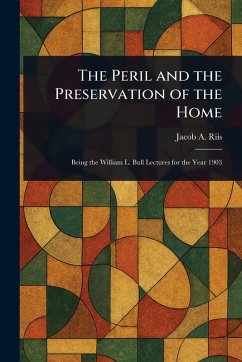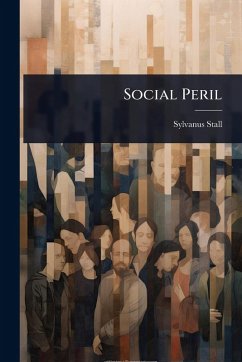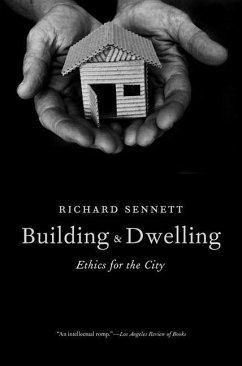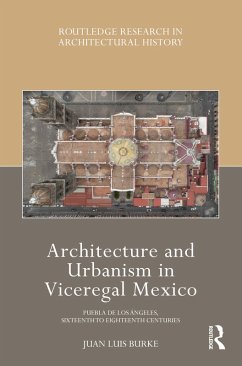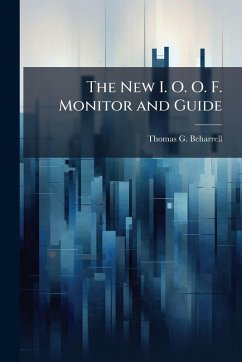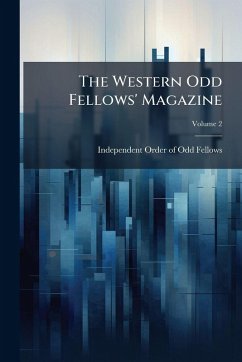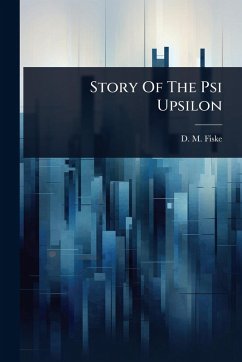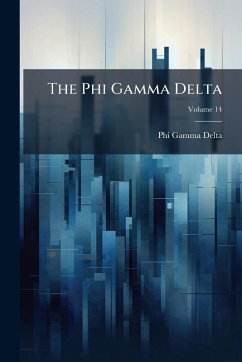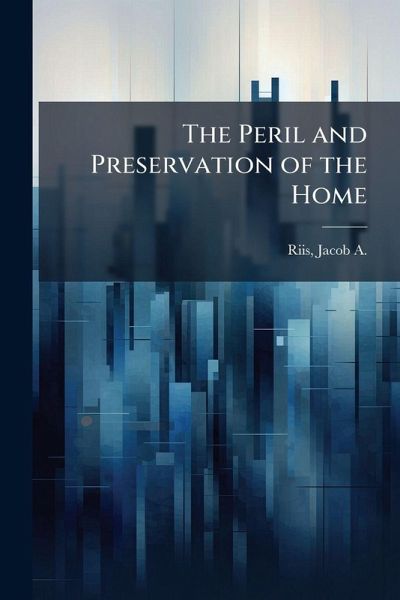
The Peril and Preservation of the Home
Versandkostenfrei!
Versandfertig in über 4 Wochen
20,99 €
inkl. MwSt.

PAYBACK Punkte
10 °P sammeln!
"The Peril and Preservation of the Home: Being the William L. Bull Lectures for the Year 1903" by Jacob A. Riis, offers a snapshot of social concerns at the turn of the century. Riis, a pioneering social reformer, addresses the precarious state of domestic life among the urban poor and the vital importance of preserving the home as a cornerstone of society. Based on the William L. Bull Lectures, this volume delves into the challenges faced by families living in overcrowded and unsanitary tenements. Riis examines the social, economic, and architectural factors that contribute to the deteriorati...
"The Peril and Preservation of the Home: Being the William L. Bull Lectures for the Year 1903" by Jacob A. Riis, offers a snapshot of social concerns at the turn of the century. Riis, a pioneering social reformer, addresses the precarious state of domestic life among the urban poor and the vital importance of preserving the home as a cornerstone of society. Based on the William L. Bull Lectures, this volume delves into the challenges faced by families living in overcrowded and unsanitary tenements. Riis examines the social, economic, and architectural factors that contribute to the deterioration of home life, advocating for reforms that would ensure a safe and nurturing environment for all. His insights into urban planning and social welfare remain relevant, providing a historical perspective on ongoing debates about housing, poverty, and community development. A valuable resource for students of sociology, urban history, and architectural history. This work has been selected by scholars as being culturally important, and is part of the knowledge base of civilization as we know it. This work was reproduced from the original artifact, and remains as true to the original work as possible. Therefore, you will see the original copyright references, library stamps (as most of these works have been housed in our most important libraries around the world), and other notations in the work. This work is in the public domain in the United States of America, and possibly other nations. Within the United States, you may freely copy and distribute this work, as no entity (individual or corporate) has a copyright on the body of the work. As a reproduction of a historical artifact, this work may contain missing or blurred pages, poor pictures, errant marks, etc. Scholars believe, and we concur, that this work is important enough to be preserved, reproduced, and made generally available to the public. We appreciate your support of the preservation process, and thank you for being an important part of keeping this knowledge alive and relevant.



